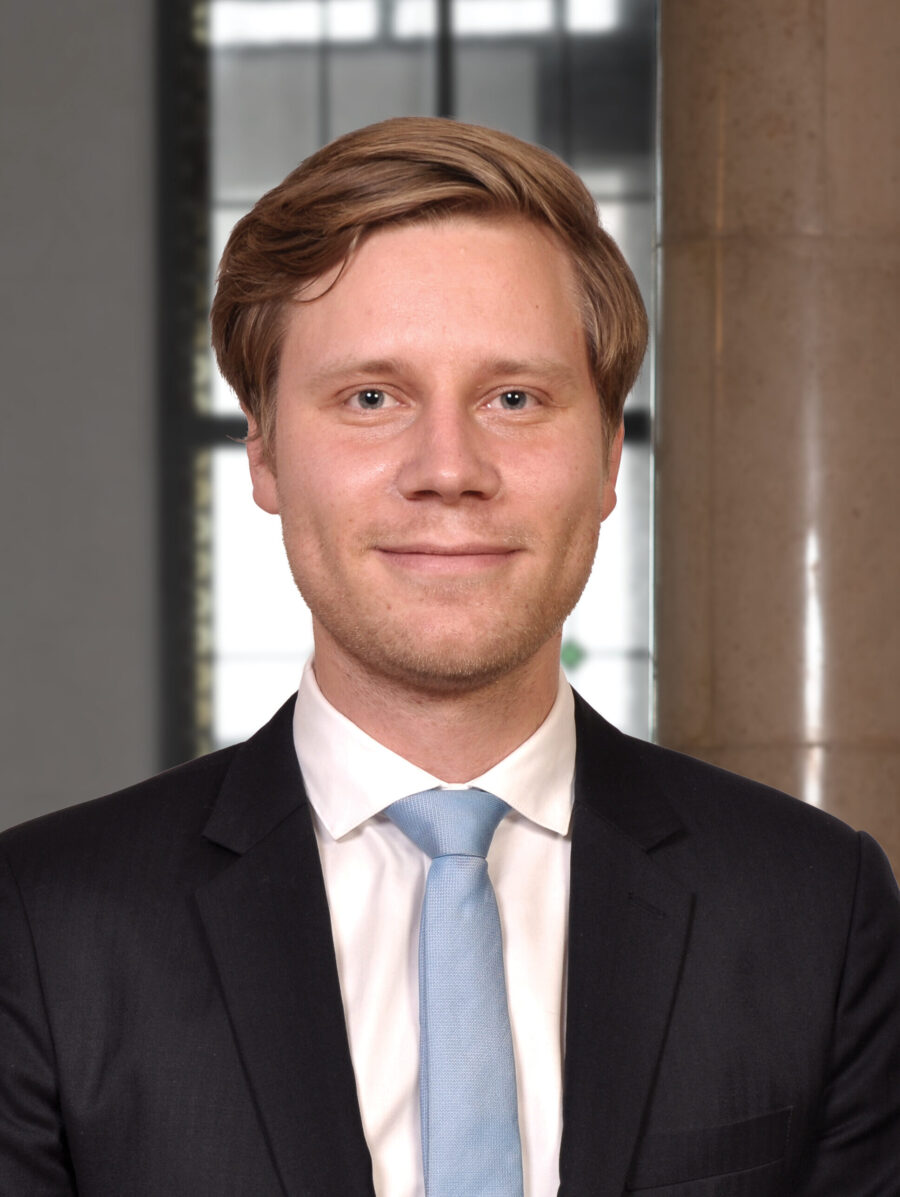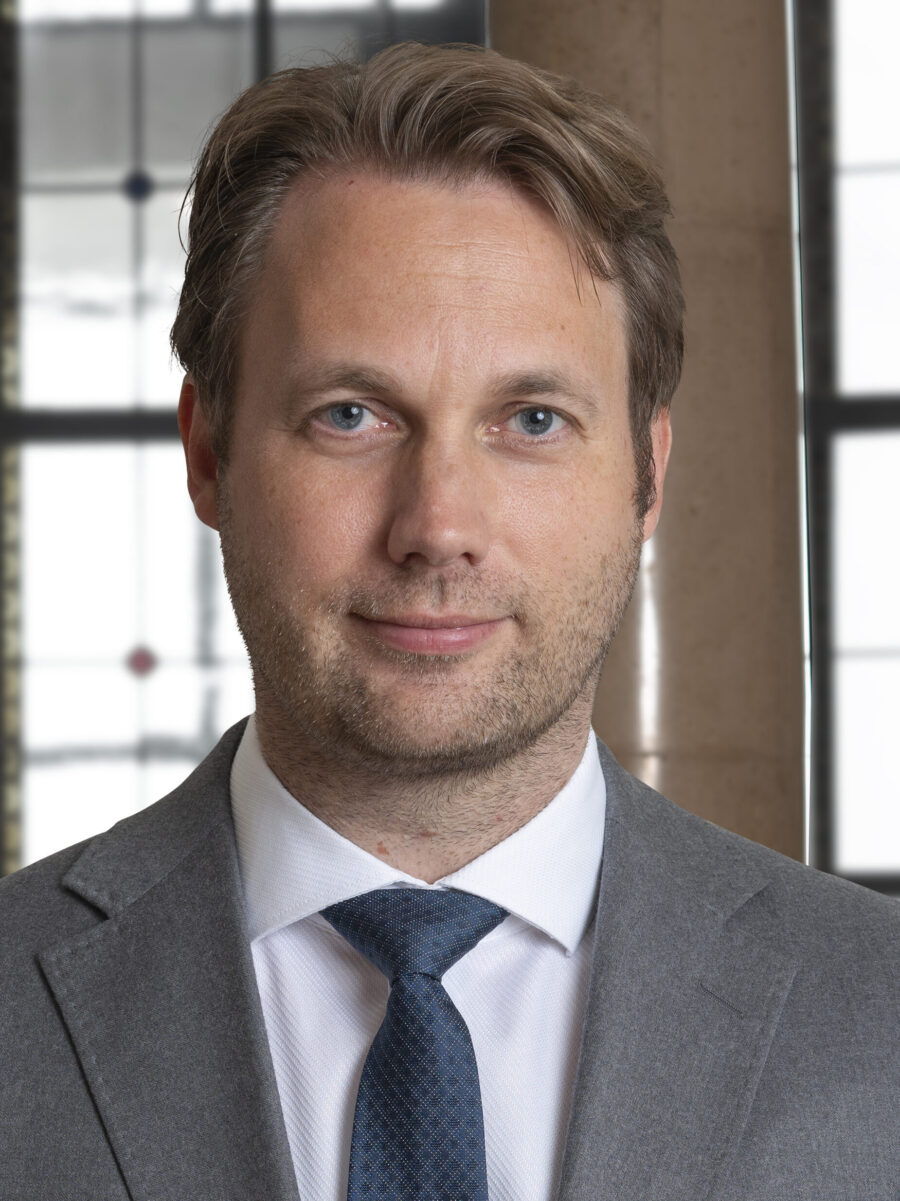Sharply rising inflation rates, restrictive central bank policies, recession fears, the war in Ukraine, and a possible energy crisis led to (in some cases significant) losses for most asset classes in the calendar year 2022. Within equity markets, high-quality growth companies as well as small and micro caps were hit over-proportionally. Rel-ative to the overall market and to large public companies, small and micro caps ex-perienced historic losses – in fact, the heaviest losses since the turn of the millen-nium. Taking Europe as an example, European small caps underperformed large caps by more than 20 percentage points (time period: 31st December, 2021 – 30th December, 2022) – a drawdown more severe than during the 2008 financial crisis. But also globally small caps came under considerably more pressure than their large cap counterparts – in some geographies this phenomenon set in even earlier than in Europe.
In this Spotlight, we put this drawdown of small caps and their valuation into his-torical context and highlight the long-term benefits of an allocation to small caps. We take a look at the past and show that small and micro cap performance regularly preludes the business cycle. Investors should not wait too long to enter the market after major setbacks, as when the economy is starting to improve again, the market has long since priced in the better outlook.
Author

Peter Kraus
Peter Kraus has been Head of Small Cap Equities at Berenberg since October 2017. He began his career in 2000 as an equity analyst for a corporate finance consultancy in Munich before moving to Deka-Investment in Frankfurt in 2003. There he worked as an analyst for European Small Caps. In 2006 he joined Allianz Global Investors as Fund Manager for European Micro and Small/Mid Caps, where he contributed significantly to the success of the Small Cap team in the following years. Peter Kraus was responsible for the management of various European Small and Mid Cap funds as well as for the acquisition and management of international institutional mandates. He studied Business Administration at the University of Mannheim and is a CFA Charterholder.

Johann Abrahams
Johann Abrahams joined Berenberg as a Portfolio Manager in January 2020. Previously, he completed the Berenberg International Graduate Program with assignments in Sell-Side Equity Research, Equity sales, ECM, Syndicate, Quantitative and Discretionary Asset Management. Johann Abrahams holds a Bachelor of Science in Economics from the University of Mannheim, a Master in Finance and Economics from the London School of Economics and is a CFA Charterholder.

Ulrich Urbahn
Ulrich Urbahn has been working for Berenberg since October 2017 and is responsible for quantitative analyses and the devel-opment of strategic and tactical allocation ideas, and is involved in capital market communications. He is a member of the Asset Allocation Committee and portfolio manager of the Berenberg Variato. After graduating in economics and mathematics from the University of Heidelberg, he worked for more than 10 years at Commerzbank, among others, as a senior cross asset strate-gist. Mr Urbahn is a CFA charterholder and was part of the three best multi-asset research teams worldwide in the renowned Extel survey for many years.



